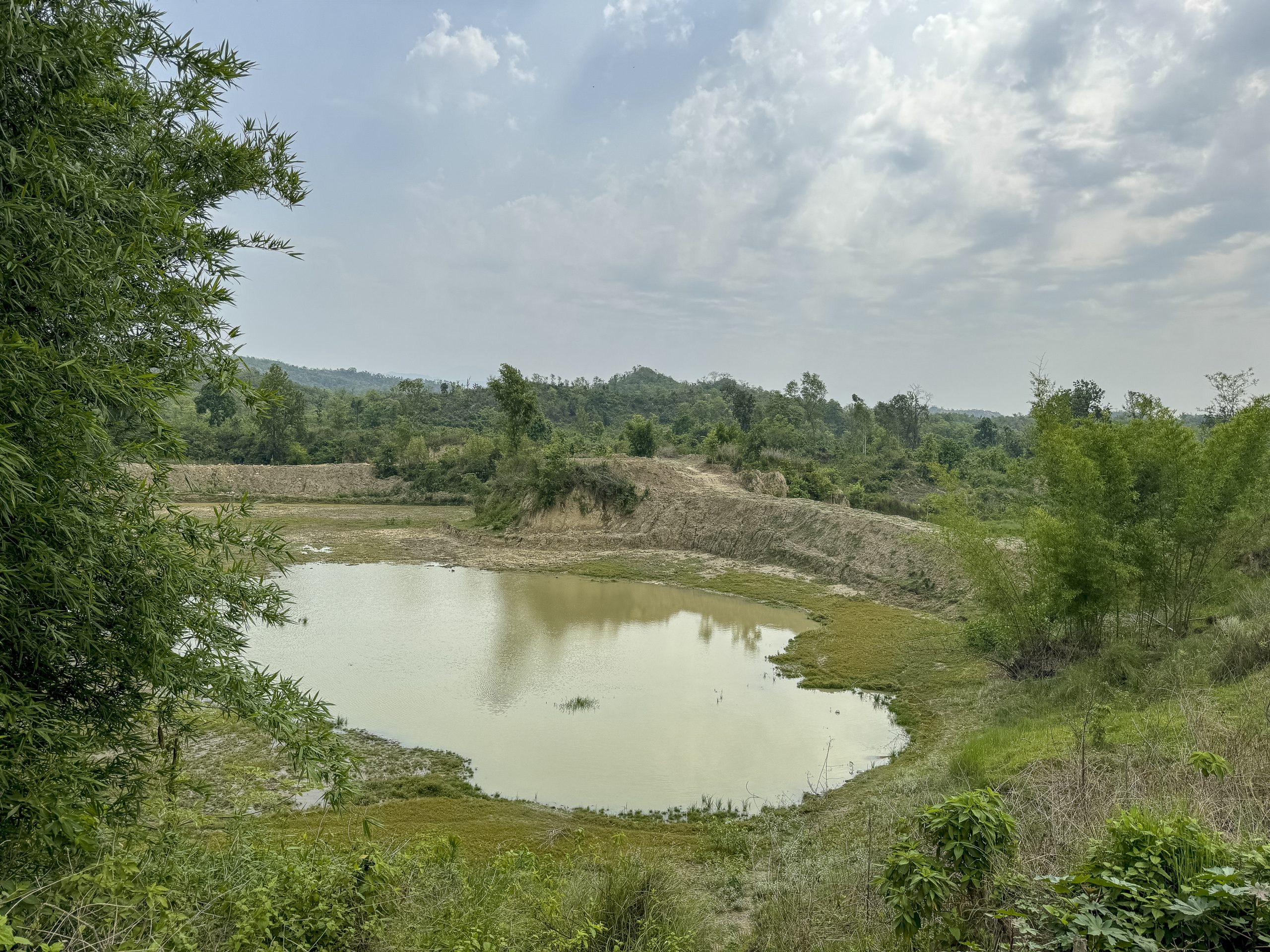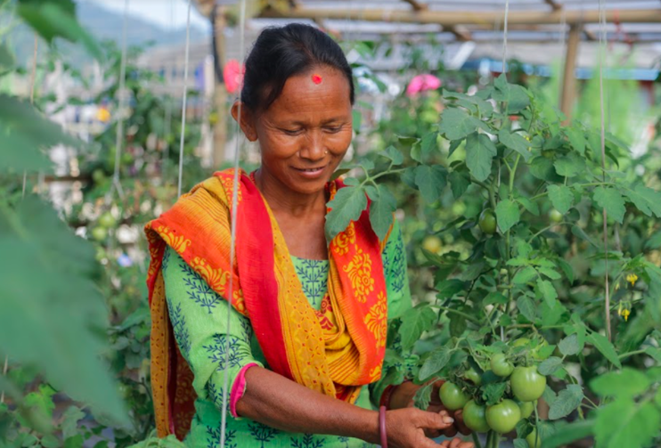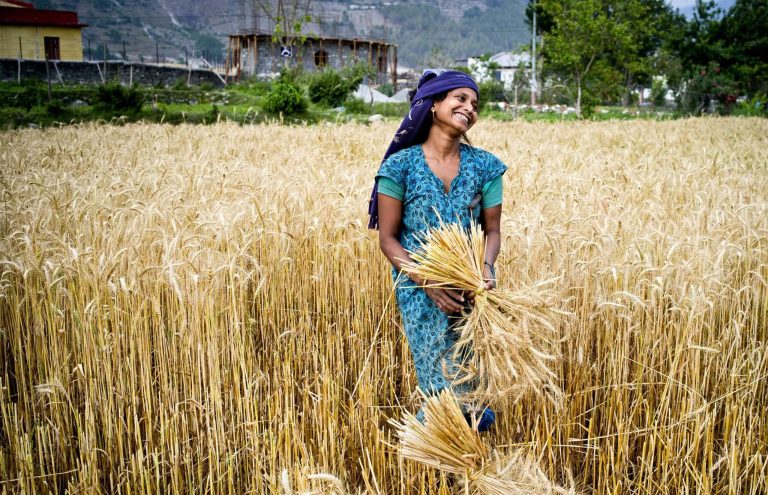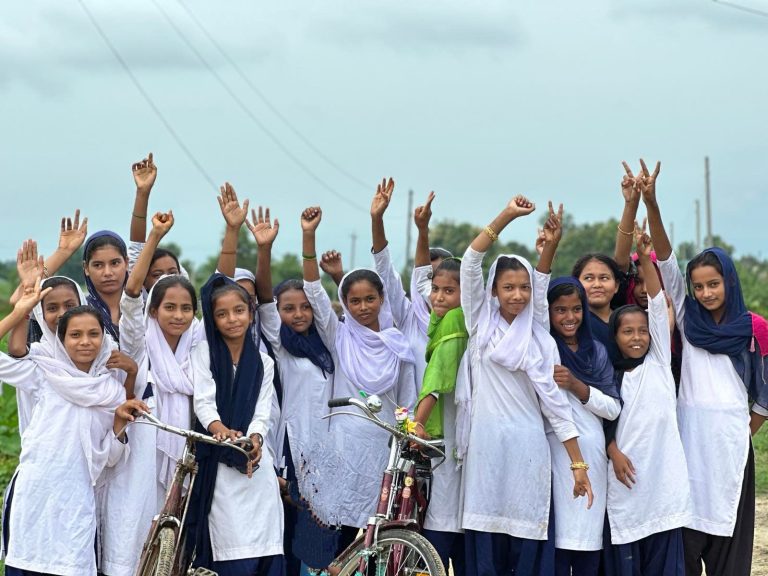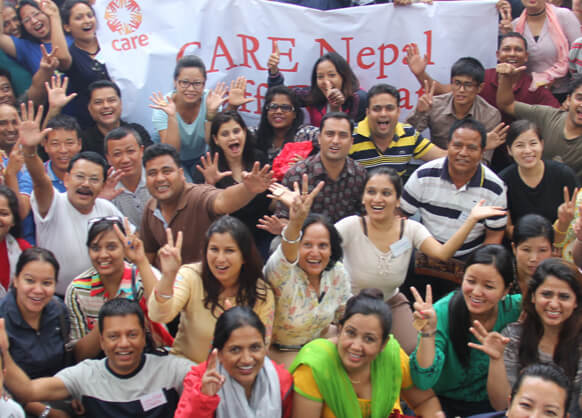The SAMRAKSHYAN Project, funded by the Jersey Overseas Aid Cooperation (JOAC), is currently underway of implementation in the Mutanikhola Sub-watershed, spearheaded by the collaborative efforts of CARE International UK, CARE Nepal, and local implementing partners - the National Federation of Farmers Groups (NFGF) and the Federation of Community Forest User, Nepal (FECOFUN).
This initiative spans a duration of 3.5 years, commencing from August 2023. With a budget of £800,000, the project aims to secure an additional £80,000 through strategic collaborations with various stakeholders and agencies over its course. Executed through a robust partnership model, the Partners Funding Agreement (PFA) was formalized with implementing partners (NFGF and FECOFUN) from October 1, 2023, with provisions for annual renewal.
The Mutanikhola Sub-watershed, encompassing nine Community Forest User Groups (CFUGs) in Lahan Municipality (ward numbers 15, and 18), spans the Churiya range, its foothills, and Terai's plain areas. This vital sub-watershed is a crucial source of biodiversity and sustenance, particularly for women and marginalized communities, supporting 2,097 households, including 5,583 women, 2,072 landless individuals, 218 people with disabilities, and 1,635 Dalit people. These communities rely on the watershed for bamboo, firewood, fodder, and timber, essential for their livelihoods.
The SAMRAKSHYAN Project aims to enhance the capacity of local and marginalized populations for effective watershed management and biodiversity conservation. By introducing alternative livelihood options, the project seeks to alleviate pressure on the watershed and its resources. Focused on creating net positive livelihoods, the initiative empowers individuals with skills and knowledge to assert their rights to natural and financial resources. The project's impact extends beyond community-level initiatives, collaborating with relevant government bodies to integrate project learnings into policy and practice. CARE Nepal provides essential support, overseeing the overall planning and execution of the project, and offering technical assistance to consortium partners, including NFGF and FECOFUN.
Objectives
The overall objective of the project is to support conservation-friendly livelihoods for women and vulnerable people in Mutanikhola Sub-watershed in Lahan Municipality of Siraha District, Nepal. The specific objectives are:
- To organize and strengthen the knowledge base of marginalized people to improve water retention and recharge of Mutanikhola Sub-watershed.
- To reduce threats to forest biodiversity in MKWS through watershed level community driven approaches.
- To support to adopt net positive livelihood options by women, Dalit, and landless communities, contribute to addressing multi-dimensional poverty.
- To develop and institutionalize an inclusive and sustainable management model for Mutanikhola Sub-watershed which integrates conservation with livelihood promotion.
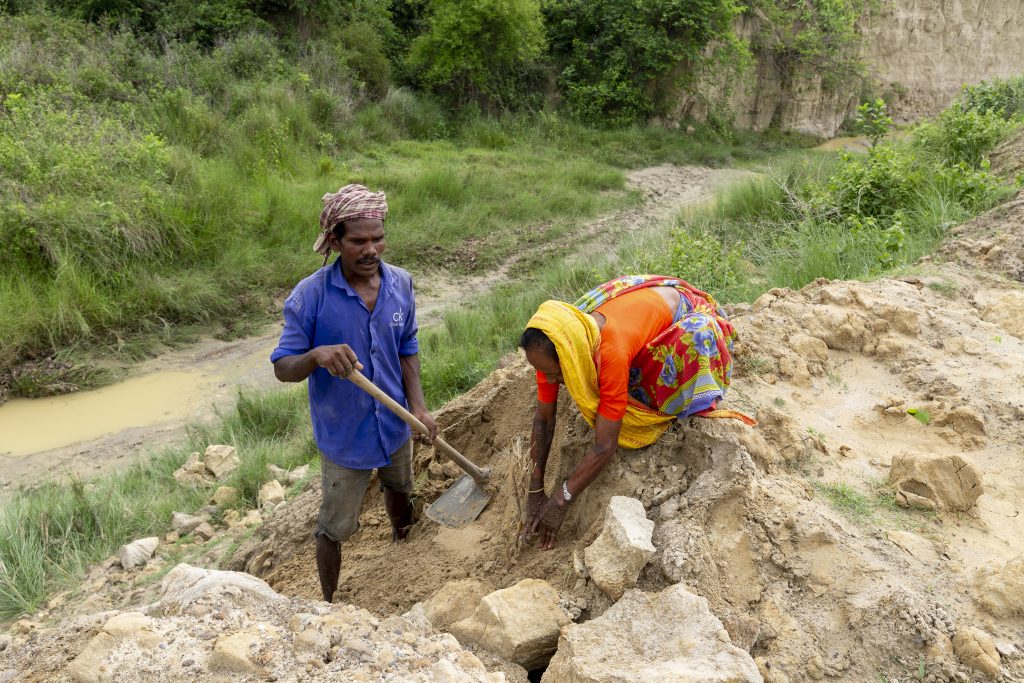
Project Participants
The project targets different Community Forest User Groups (CFUGs), farmers groups, women’s groups, Water Users Group (WUG) Indigenous Peoples groups and other inhabitants residing within the boundary of the Mutanikhola Sub-watershed and directly or indirectly benefitted by the project interventions. Lahan Municipality, provincial government’s agencies (Division Forest Office, Soil and Watershed Management Office, Lahan, Siraha) networks of NRM groups including FECOFUN, networks of the farmers groups including National Farmers Group Federation (NFGF), and other relevant agencies such as media, private sectors, advocacy groups etc. are the key stakeholders of the project and their generous support is expected in due course of the project execution.
The project focuses on engaging various stakeholders, including Community Forest User Groups (CFUGs), farmers' groups, women's groups, Water Users Groups (WUGs), Indigenous Peoples groups, and residents within the Mutanikhola Sub-watershed. These individuals and groups will both directly and indirectly be benefitted by the project interventions.
Key stakeholders encompass entities such as the Lahan Municipality, provincial government agencies (Division Forest Office, Soil and Watershed Management Office in Lahan, Siraha), networks of Natural Resource Management (NRM) groups like FECOFUN, networks of farmers' groups including the National Farmers Group Federation (NFGF), and other relevant agencies such as media, private sectors, and advocacy groups. The project anticipates collaboration and support of these stakeholders throughout the course of its execution for the successful implementation and impact of the project.

